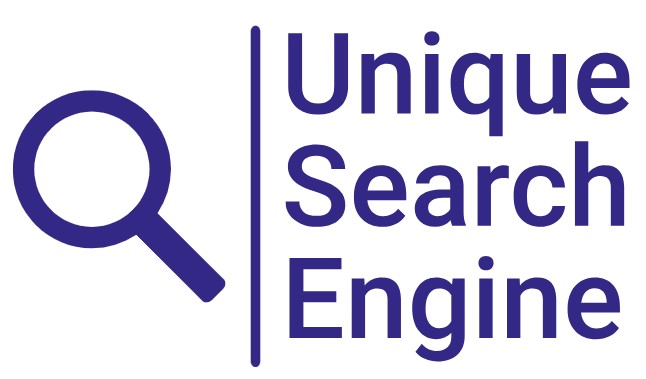Introduction: Artificial Intelligence (AI) has rapidly evolved in recent years, but the concept of Super AI takes the capabilities of machine intelligence to an entirely new level. Super AI refers to artificial general intelligence (AGI), a form of AI that possesses the ability to understand, learn, and apply knowledge across a wide range of tasks, similar to human intelligence. This blog explores the transformative impact of Super AI on the future and provides insights into who can learn about it and where.
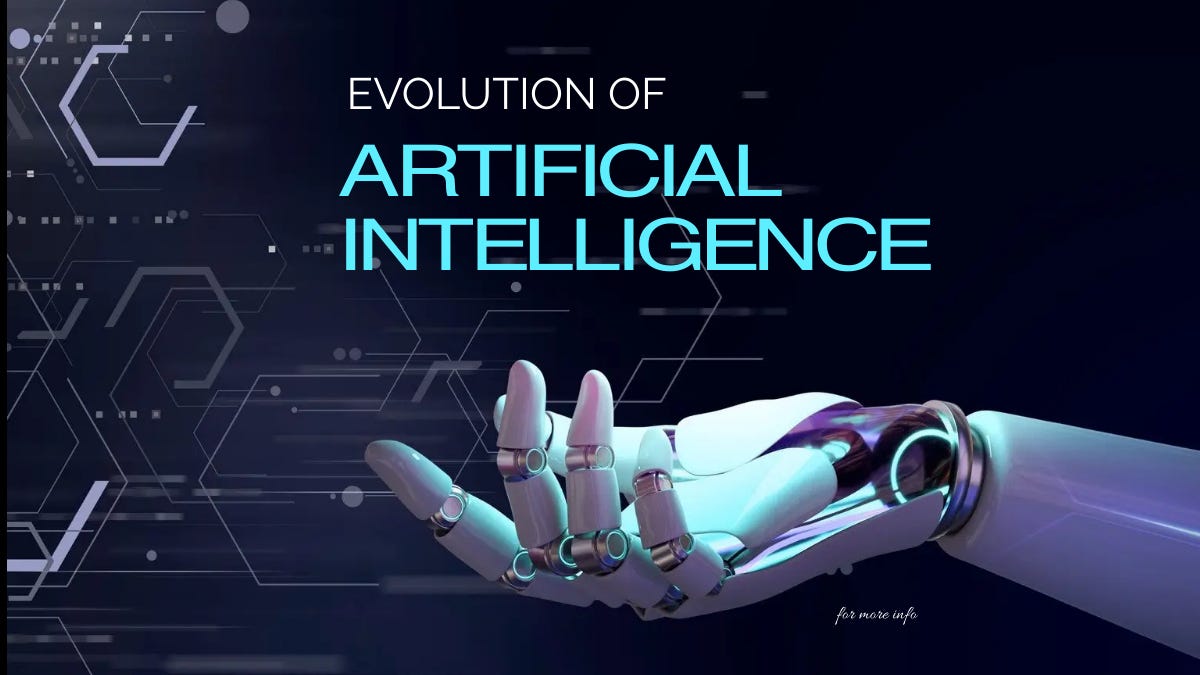
The Evolution of AI: To understand the significance of Super AI, it’s essential to trace the evolution of AI. Traditional AI systems were designed for specific tasks, excelling in narrow domains. However, they lacked the versatility and adaptability inherent in human intelligence. Super AI aims to bridge this gap by possessing the capacity for generalized learning, enabling it to perform diverse cognitive tasks with proficiency.
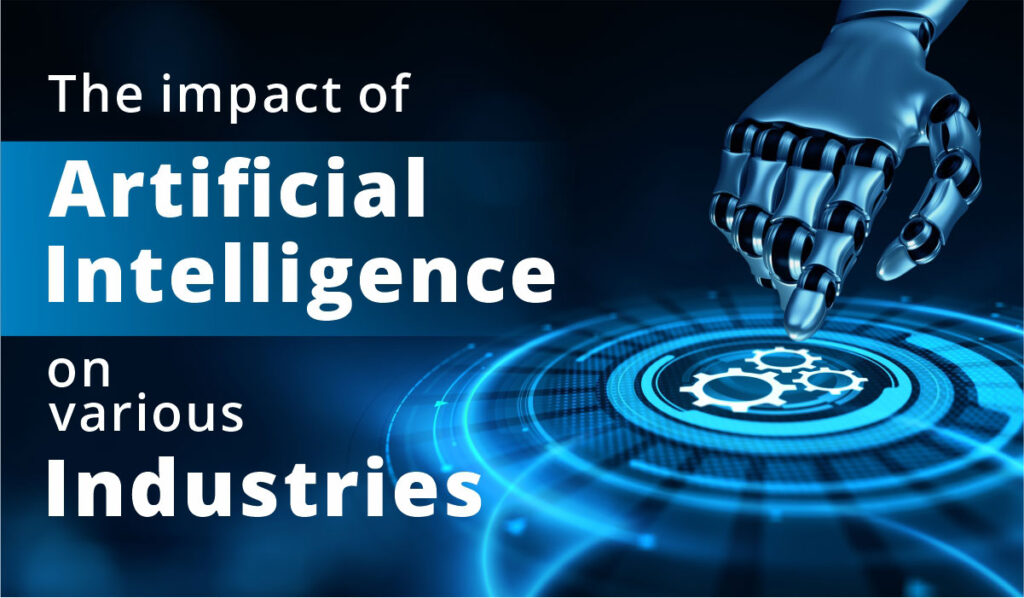
Transformative Impact on Industries:
- Automation Revolution: Super AI has the potential to revolutionize industries by automating complex tasks that previously required human intelligence. From healthcare diagnostics to financial analysis, Super AI can process vast amounts of data, identify patterns, and make decisions with unprecedented speed and accuracy.
- Innovations in Research and Development: Super AI’s ability to comprehend and apply knowledge across various domains accelerates the pace of scientific discovery and technological advancements. It can analyse vast datasets, propose hypotheses, and conduct experiments, expediting breakthroughs in fields like medicine, materials science, and renewable energy.
- Enhanced Customer Experiences: Super AI can personalize customer experiences by analysing user preferences and behaviours. In sectors like e-commerce and entertainment, Super AI can predict consumer needs, recommend personalized content, and create immersive, tailored experiences.
Ethical Considerations and Governance: With the immense power and potential benefits of Super AI come ethical considerations. Ensuring responsible development and deployment is crucial to prevent unintended consequences. Transparent and robust governance frameworks must be established to address issues like bias, accountability, and privacy, promoting the ethical use of Super AI for the betterment of society.
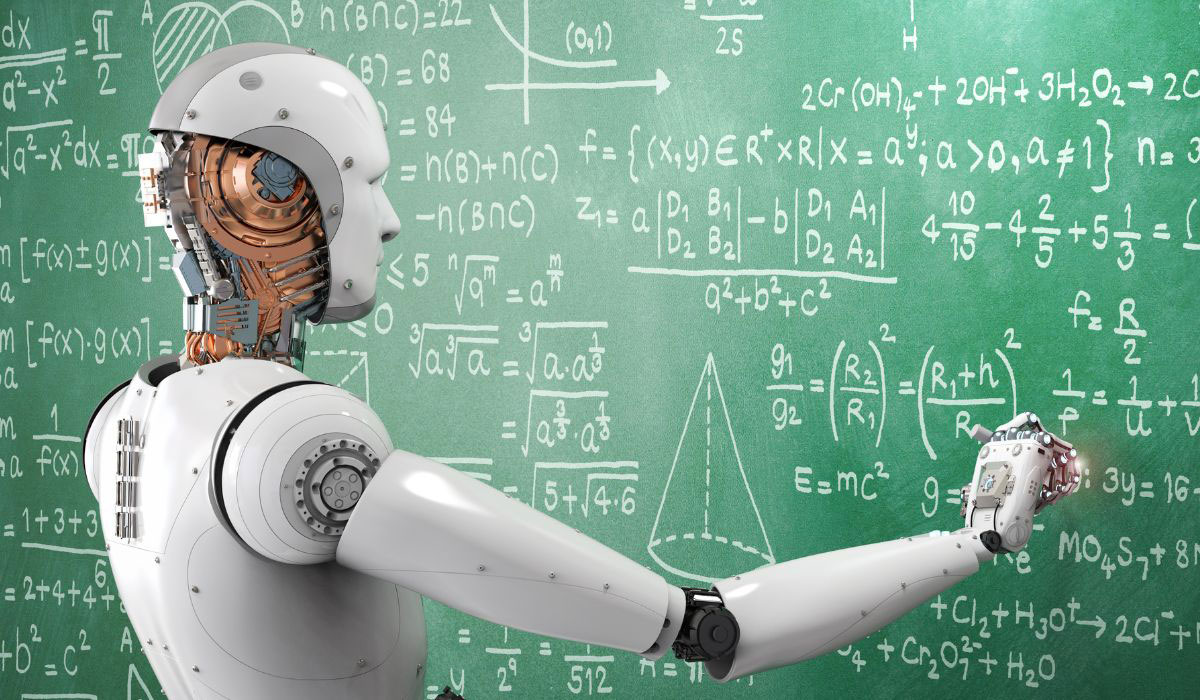
Learning Super AI: The journey to understanding and mastering Super AI involves a multidisciplinary approach:
- Educational Background: Individuals with a strong foundation in computer science, mathematics, and statistics have an advantage. Familiarity with machine learning concepts and programming languages like Python is essential.
- Advanced Education Programs: Several universities and online platforms offer specialized courses and degree programs in AI and machine learning. Institutions such as Stanford, MIT, and Coursera provide in-depth courses on advanced AI topics.
- Research and Collaboration: Engaging in research projects and collaborations with AI experts and organizations can deepen one’s understanding of Super AI. Staying informed about the latest developments in the field through conferences, publications, and forums is crucial.
- Industry Certifications: Industry-recognized certifications, such as those from Google, Microsoft, and IBM, can provide practical skills and knowledge in Super AI technologies.
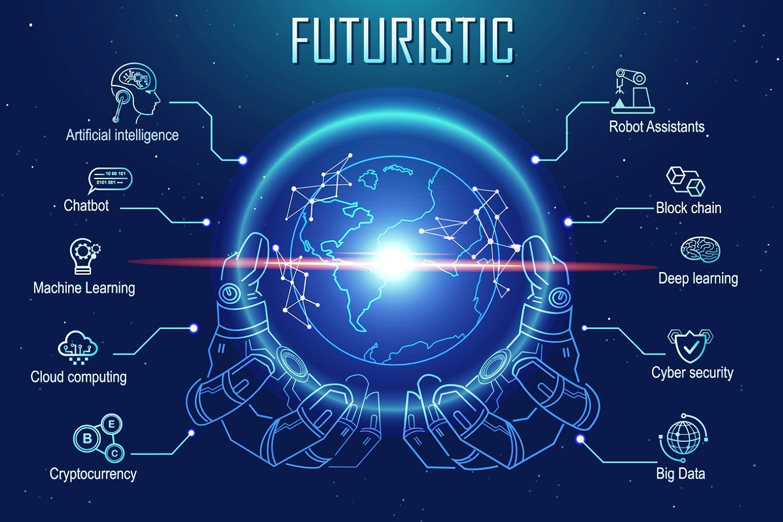
Conclusion: Super AI holds the promise of transforming the future by augmenting human capabilities, revolutionizing industries, and driving unprecedented innovation. However, with great power comes great responsibility, necessitating ethical considerations and robust governance. Aspiring learners can embark on the journey to understand and harness the potential of Super AI through educational programs, research, and ongoing engagement with the dynamic AI community. As we stand on the cusp of the Super AI era, the key lies in unlocking its potential for the benefit of humanity.
FAQs
Q1. What is Super AI, and how does it differ from traditional AI?
Super AI, or artificial general intelligence (AGI), possesses the ability to understand, learn, and apply knowledge across a wide range of tasks, akin to human intelligence. Unlike traditional AI, which excels in narrow domains, Super AI aims to bridge the gap by offering generalized learning capabilities.
Q2. How does Super AI impact industries?
Super AI has the potential to revolutionize industries through automation, speeding up complex tasks, such as healthcare diagnostics and financial analysis. It accelerates research and development, leading to breakthroughs in scientific and technological domains. Additionally, Super AI enhances customer experiences by personalizing interactions and predicting user needs.
Q3. What ethical considerations accompany the development of Super AI?
The immense power of Super AI raises ethical concerns. Responsible development and deployment are crucial to prevent unintended consequences. Transparent governance frameworks addressing issues like bias, accountability, and privacy are necessary for the ethical use of Super AI for societal betterment.
Q4. How can individuals learn about Super AI?
Individuals can undertake a multidisciplinary approach, starting with a strong foundation in computer science, mathematics, and statistics. Advanced education programs from reputable institutions and industry-recognized certifications, along with engagement in research projects and collaborations, contribute to understanding Super AI.
Q5. Are there specific educational requirements for learning Super AI?
Individuals with a strong background in computer science, mathematics, and statistics are at an advantage. Familiarity with machine learning concepts and programming languages, such as Python, is essential for comprehending and working with Super AI technologies.
Q6. Where can one pursue education in Super AI?
Several universities and online platforms, including Stanford, MIT, and Coursera, offer specialized courses and degree programs in AI and machine learning. Industry certifications from organizations like Google, Microsoft, and IBM provide practical skills and knowledge in Super AI technologies.
Q7. What is the significance of industry certifications in learning Super AI?
Industry-recognized certifications validate practical skills and knowledge in Super AI technologies. Certifications from reputable organizations like Google, Microsoft, and IBM can enhance an individual’s understanding and proficiency in working with Super AI.
Q8. How does Super AI contribute to the future and innovation?
Super AI holds the promise of transforming the future by augmenting human capabilities, revolutionizing industries, and driving unprecedented innovation. Its ability to process vast amounts of data, propose hypotheses, and make decisions quickly contributes to scientific, technological, and societal advancements.
Q9. What role does governance play in the development and use of Super AI?
Governance is essential to ensure responsible development and deployment of Super AI. Transparent frameworks address ethical concerns, promoting fairness, accountability, and privacy. Robust governance is crucial for harnessing the potential of Super AI for the benefit of humanity.
